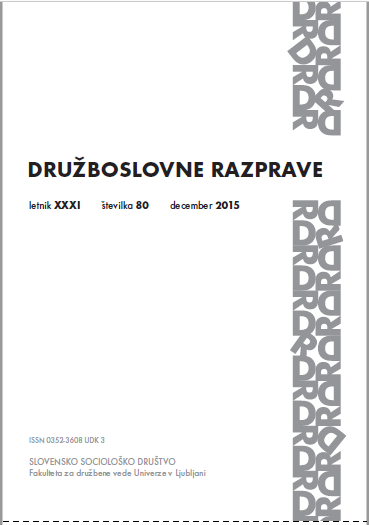THE METAPHOR OF THE DAWN OF THE SPACE AGE IN THE CONTEMPORARY SOCIAL SCIENCES AND HUMANITIES
THE METAPHOR OF THE DAWN OF THE SPACE AGE IN THE CONTEMPORARY SOCIAL SCIENCES AND HUMANITIES
Author(s): Natalija MajsovaSubject(s): Epistemology, Social Philosophy, Philosophy of Science
Published by: Slovensko sociološko društvo (in FDV)
Keywords: metaphor; space age; astrosociology; noocosmology; cultural studies of outer space;
Summary/Abstract: The dawn of the space age in the early 1960s first provoked unabashed awe. Then, it inspired numerous attempts to explain (away) the evental status of the first examples of manned spaceflight accounts that mainly interpreted Yuri Garagin’s flight (1961) and the Moon landing (1969) as logical consequences of technological progress, a certain constellation of political circumstances, and a pinch of ‘imagination’ to begin with. Curiously enough, conclusions of the vast majority of such accounts cannot but resort to ‘terrestrial’ metaphors in order to explain why these endeavours were worth undertaking in the first place. In the 21st century, reflections on outer space seem to have settled within three conceptually designed research fields within the social sciences and humanities: astrosociology, noocosmology and cultural studies of outer space. The text analyses conceptualisations and accounts of the dawn of the space age exhibited by the core texts and methodologies of these research fields to demonstrate how they actually hinge on variant epistemologies, and interpret the role of metaphor in world-formation in radically differing ways.
Journal: Družboslovne razprave
- Issue Year: 31/2015
- Issue No: 080
- Page Range: 11-28
- Page Count: 18
- Language: English

